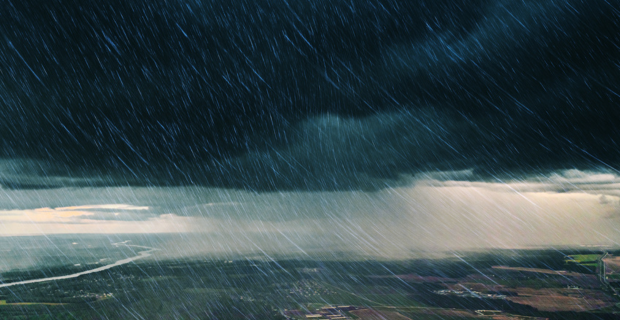Date Published: 2024/08/21
Read Time: mins
Hurricane safety and preparation

Hurricanes are an unforgiving force leaving a trail of destruction in their wake. Significant hurricanes like Andrew in 1993, Juan in 2003, Igor in 2010, Dorian in 2019, and Fiona in 2022 have caused considerable damage, emphasizing the importance of being prepared. With the Atlantic hurricane season running from June to November, it’s crucial to know how to protect yourself and your family. Here’s a detailed guide on what to do before, during, and after a hurricane to stay safe.
Before a hurricane: preparation is key
Preparation is the cornerstone of hurricane safety. Here’s how to get ready:
1. Stay informed: Keep an eye on local news and weather reports. Sign up for local alerts to stay updated on potential hurricane watches and warnings in your area.
2. Understand warnings and watches:
- Hurricane Warning: A hurricane is already occurring or will occur soon. Evacuate if advised.
- Hurricane Watch: A hurricane is possible in your area. Stay alert for more information.
3. Trim and secure property: Cut down dead branches and trees, and secure everything that could be blown around or torn loose. This helps reduce potential damage to your property.
4. Prepare your home:
- Secure windows and doors.
- Move electronics and valuables away from breakable glass.
- If you live on the coast or a low-lying area, be ready to move inland or to higher ground.
5. Emergency kit: Prepare an emergency kit that can sustain your family for at least three days. It should include:
- Drinking water
- Non-perishable food
- Cash
- Portable radio
- Baby items, medical prescriptions, and pet food as needed
During a hurricane: stay safe
When a hurricane hits, prioritize safety with these steps:
1. Evacuate if necessary: Be ready to leave at a moment’s notice if authorities advise evacuation. Avoid flooded roads and washed-out bridges.
2. Stay informed: Listen to local warnings and advisories through the radio, local news channels, or social media.
3. Avoid flooded areas: Never walk or drive through flooded areas. “Turn around, don’t drown” is a critical rule to follow.
4. Boating safety: Never go out in a boat during a storm. If you’re on the water, head for shore immediately.
5. Stay indoors: If the eye of the hurricane passes over, remain inside a safe space. The lull in the wind is temporary, and winds will return from the opposite direction.
After a hurricane: recovery and safety
Even after the storm passes, dangers can persist. Follow these guidelines:
1. Follow local authorities: Continue to listen to local authorities for directions. Stay informed through the radio or local news channels.
2. Be alert for secondary hazards: Watch out for extended rainfall, subsequent flooding, landslides, and building damage.
3. Safety first:
- Avoid damaged areas and fallen power lines.
- Be cautious of debris like sheet metal and glass.
- Wear protective clothing, including long pants, long-sleeved shirts, and sturdy shoes during cleanup.
4. Inspect your home:
- Examine walls, doors, staircases, and windows for damage.
- Take pictures for insurance claims.
- Consult professionals before re-entering your home if you suspect it’s unsafe.
5. Contaminated water and food: Do not use potentially contaminated water. Dispose of food that might have been contaminated, including items in refrigerators and freezers.
Protect your home: minimizing hurricane damage
Hurricanes are inevitable, but there are ways to minimize damage to your home:
1. Secure your roof: Install hurricane ties (straps) to reinforce your home’s truss structure.
2. Power protection: Use surge protectors and consider having an emergency generator.
3. Outdoor property: Secure patio furniture and other outdoor items to prevent them from becoming projectiles.
4. Trim trees: Keep shrubbery trimmed and remove weak tree limbs and dead trees.
5. Protect windows and doors: Install storm shutters or plywood panels on windows, and ensure exterior doors have strong hinges and deadbolt locks.
6. Garage doors: Replace old garage doors with ones approved for wind pressure and impact protection.
7. Waterproofing: Apply high-quality caulk around vents, utility lines, and outdoor electrical outlets to prevent water penetration.
Empower yourself with knowledge
Hurricanes are a reality for Atlantic Canada, but knowledge and preparation can significantly reduce their impact. Utilize resources like the Canadian Hurricane Centre, Public Safety Canada, and local emergency measures organizations to stay informed and prepared.
Conclusion
Hurricanes are powerful forces of nature that require respect and preparedness. By taking proactive steps before, during, and after a hurricane, you can protect yourself, your family, and your home. Stay informed, have a plan, and be ready to act swiftly to ensure your safety during the hurricane season.
If you need to make a claim, please visit us at orbitinsuranceservices.ca/claims.